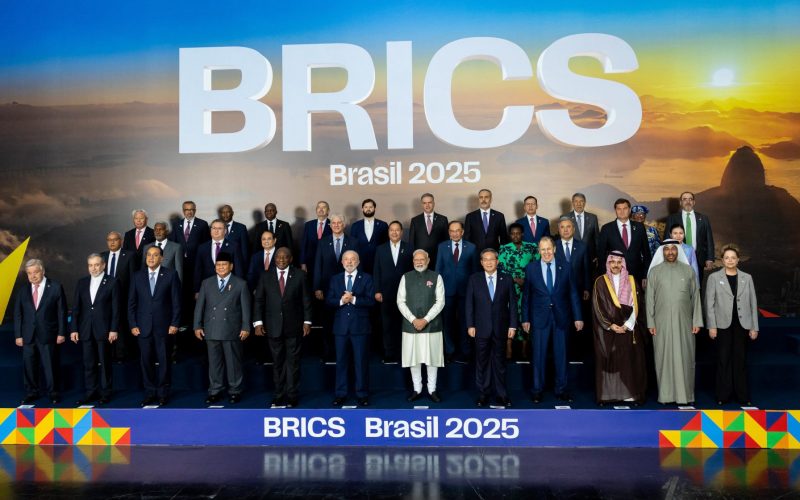At the most recent BRICS summit in Johannesburg in August 2023, one point that was made regularly by policy makers and commentators alike was that the BRICS now contributed more to global GDP than the G7 nations (31.5% of global GDP versus30%), with their share expected to grow to over 50% by 2030 –before factoring in the expanded membership. Clearly the Global South is no longer a spectator at the main dining hall. The rise of the Global South, of which the preeminent economy is China’s which is now the second largest in the world, has also created new opportunities for Africa. The continent is still the poorest with 24 of the world’s 28 lowincome countries; yet, the ability to diversify trading and investment partners, roll-out infrastructure projects, and explore different development paradigms from the traditional western precepts has brought some benefits to the continent, although the much-needed structural transformation has been slow.
Since the start of the XXI century Africa’s average economic growth rate has been second only to that of developing Asia,1The African continent offers large untapped potential for sustainable investments, OECD Library, 2023 realising positive growth for nearly a quarter a of a century until the Covid-19 pandemic halted that in 2020. Growth has since rebounded but these positive economic growth rates have not translated into structural transformation. The 2022 Africa report by the United Nations Conference on Trade and Development (UNCTAD)2 UNCTAD, Economic Development in Africa Report
2022, 2022. notes that 83% of African countries (45 of 54 countries) are commodity dependent, accounting for 45% of the commodity-dependent countries worldwide.
With the world’s youngest population (over 60% are below the age of 25), Africa can be the next frontier of investment and growth, taking advantage of the demographic dividend. By 2050 one in three people aged 15-24 years will be African and one in four will be in the 25-34 age group. However, prerequisites for such a dividend are education and skills and the ability to take advantage of the opportunities presented by the digital revolution. Failing that, the demographic dividend can become a liability leading to social unrest, as young people become disillusioned with their political and economic systems.
The full version of this article appeared in the report “The Rise of Global South: New Consensus Wanted” published by ISPI. It is available here.








